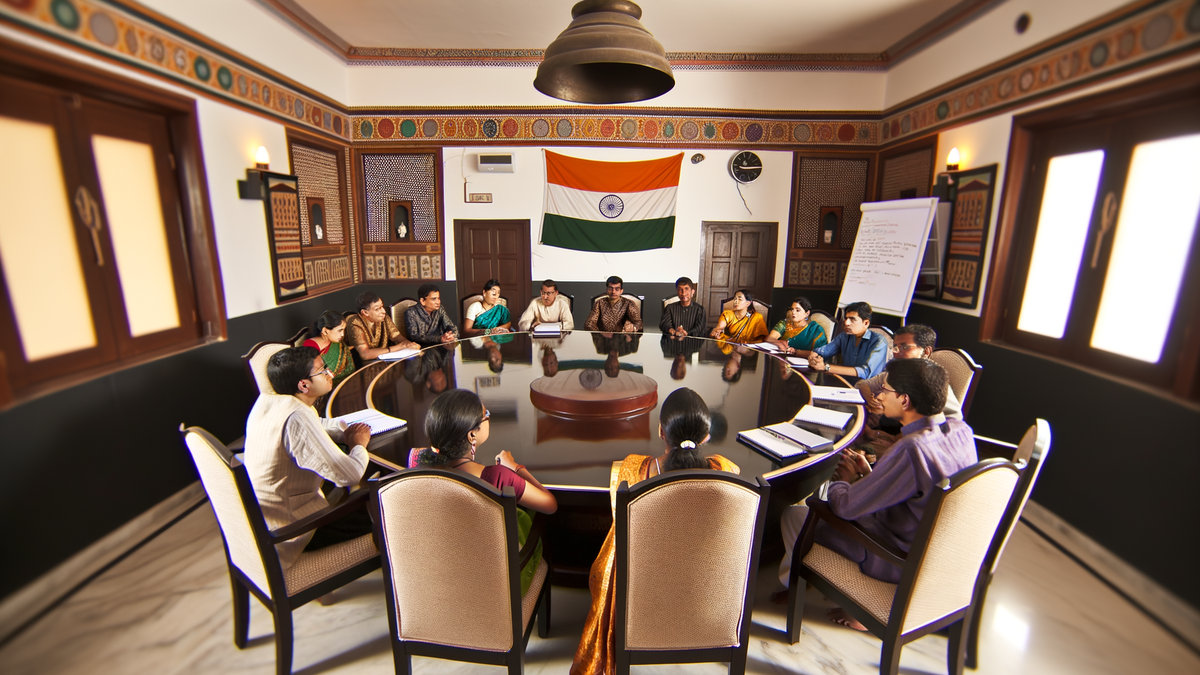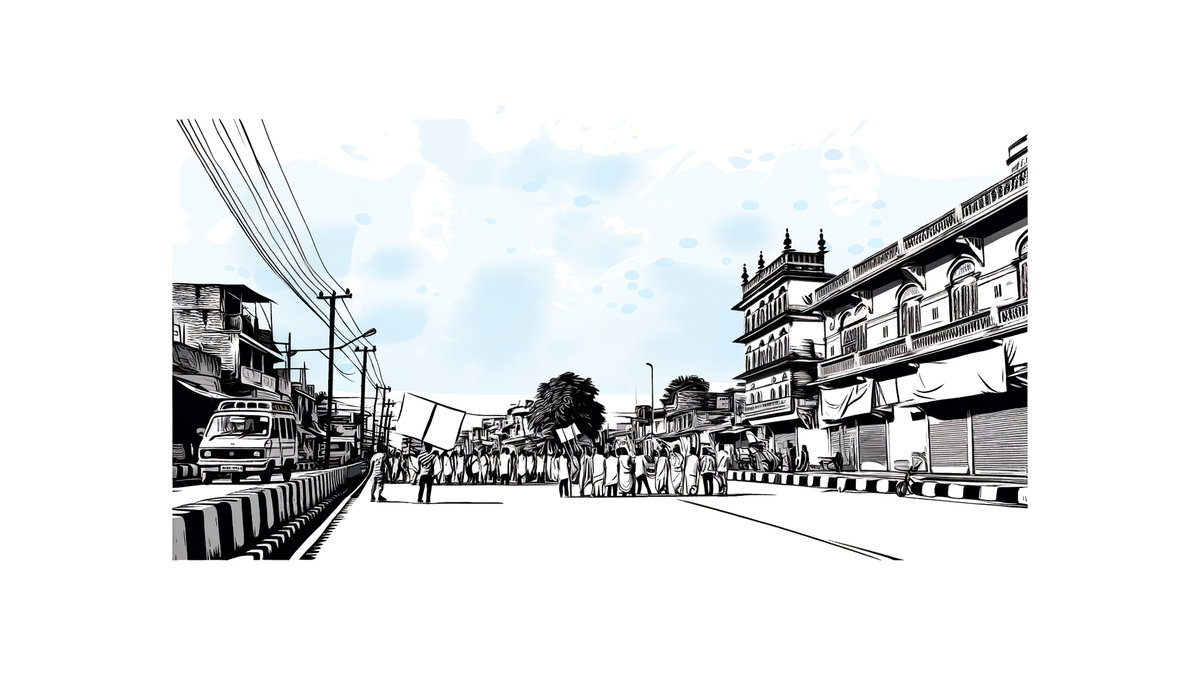
In a significant announcement that has caught the attention of various stakeholders across the nation, Law Minister P. Rajeev conveyed that the longstanding issues plaguing the anganwadi workforce, notably the problem of delayed payments, have been effectively resolved. This development followed a critical meeting with trade unions on March 14, where grievances of anganwadi workers were addressed head-on. These workers, who represent the backbone of India’s early childcare and education system, have long voiced their concerns over the challenges they face, including irregularities in payment schedules and the need for better workplace conditions.
The news of this resolution comes as a relief to thousands of anganwadi workers across the country. Anganwadis, as integral components of the Indian government’s Integrated Child Development Services (ICDS) scheme, play a pivotal role in nurturing the health, nutrition, and educational foundations of children under the age of six. Workers and helpers at these centres have historically battled with issues relating to compensation, job security, and recognition of their invaluable contribution to society.
Law Minister P. Rajeev’s statement emphasizes the government’s recognition of these issues and its proactive stance in addressing them. “All the issues related to anganwadi work, including delayed payment, were sorted out at a meeting of trade unions on March 14,” he noted, signifying a concerted effort to engage with the workforce’s concerns directly and transparently. This dialogue between government officials and trade unions marks a positive step towards ensuring that the rights and demands of anganwadi workers are not only heard but acted upon.
The resolution of these concerns signals a broader movement towards enhancing the working conditions of anganwadi workers, who are predominantly women. It also reflects a growing acknowledgement of their crucial role in shaping the health and education landscape of India’s youngest citizens. It is expected that this move will pave the way for more structured support and attention towards the welfare and empowerment of the anganwadi workforce, a step that is essential for the holistic development of children across the nation.
While this announcement is a move in the right direction, stakeholders including workers, union representatives, and childcare advocates will be closely monitoring the implementation of these commitments. The success of this initiative will largely depend on the sustained efforts of both the government and the community to ensure that the voices of anganwadi workers continue to be valued and their work environment improves in real, measurable ways. As India continues to navigate its path towards inclusive and sustainable development, the welfare of its anganwadi workers remains a critical issue that demands continued attention and action.









